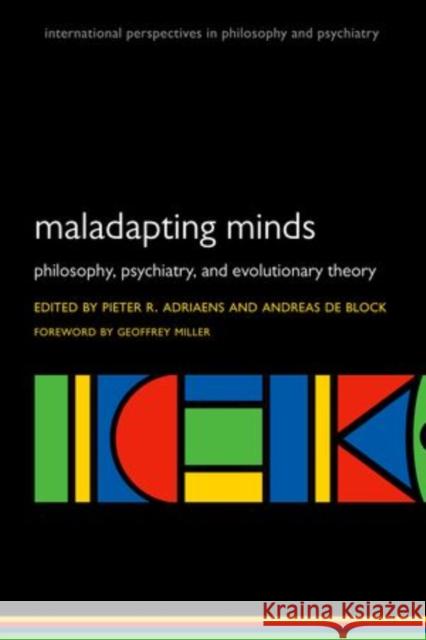Maladapting Minds » książka
Maladapting Minds
ISBN-13: 9780199558667 / Angielski / Miękka / 2011 / 344 str.
Ever since Darwin, psychiatrists have been tempted to put evolutionary theory to use in their efforts to understand and explain mental disorders. Varying in success, scope and scientific rigour, these attempts have often caught the attention of philosophers. There are many studies about how the philosophy of psychiatry has been informed by twentieth-century 'continental' philosophy (in focusing on topics such as embodiment, narrativity and gender) as well as 'analytic' philosophy (in focusing on more conceptual issues). Thus far, however, there are simply no studies about how philosophical issues in psychiatric theory and practice can be, and have been informed by evolutionary theory. The Insane Animal explores the relationship between evolutionary theory and philosophy of psychiatry. In particular, it discusses a number of reasons why philosophers of psychiatry should take an interest in evolutionary explanations of mental disorders, and, more generally, in evolutionary thinking. The many chapters deal with evolutionary accounts of various mental disorders, including phobias, fetishism, developmental disorders, depression, autism spectrum disorders, and schizophrenia. Written by both world-class philosophers, psychologists and evolutionary psychiatrists, this volume illustrates that many debates in contemporary philosophy of psychiatry are profoundly influenced by evolutionary approaches to mental disorders. In doing so, it represents the very first attempts to critically explore the interface between evolutionary theory and philosophy of psychiatry. It is important reading for psychiatrists, philosophers of mind, and evolutionary pschologists.











